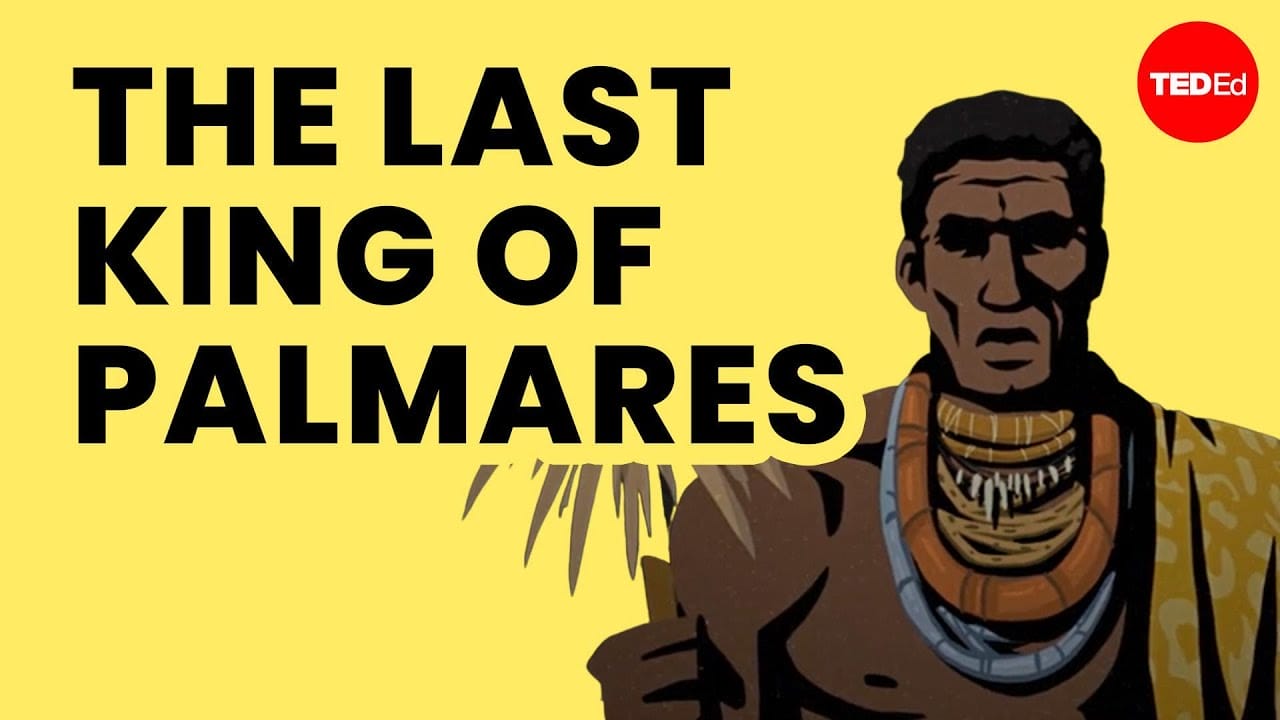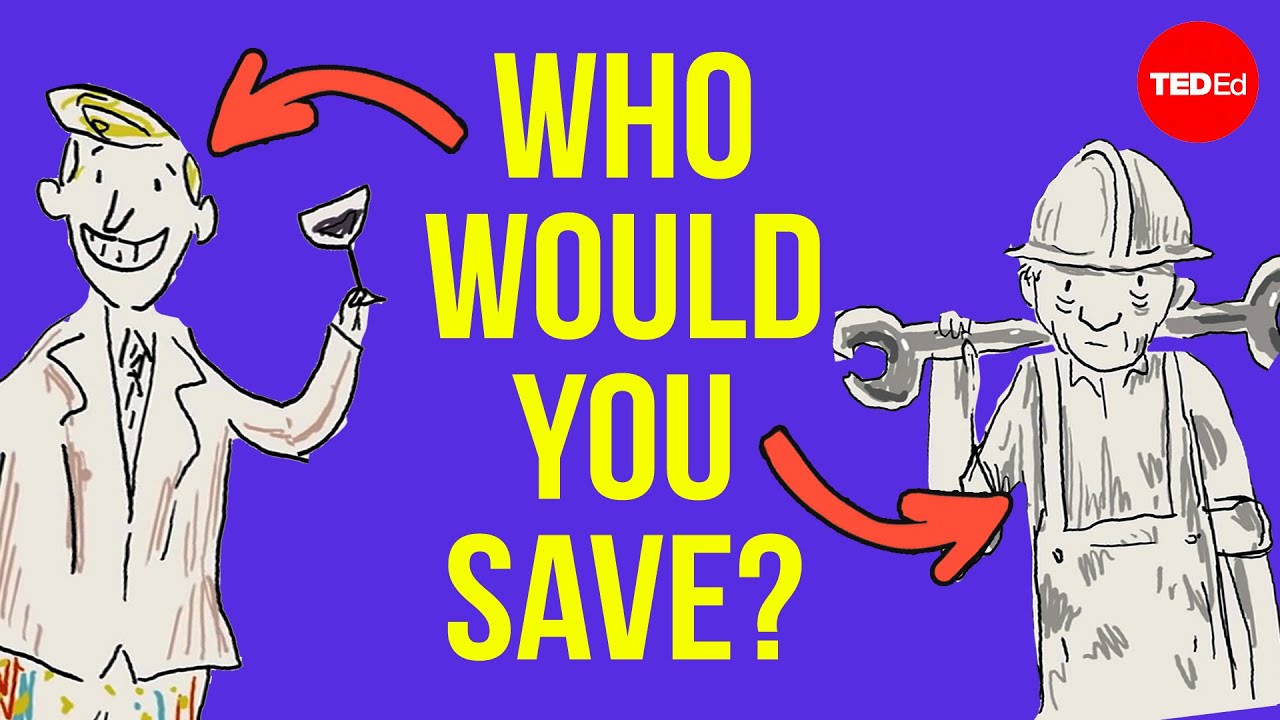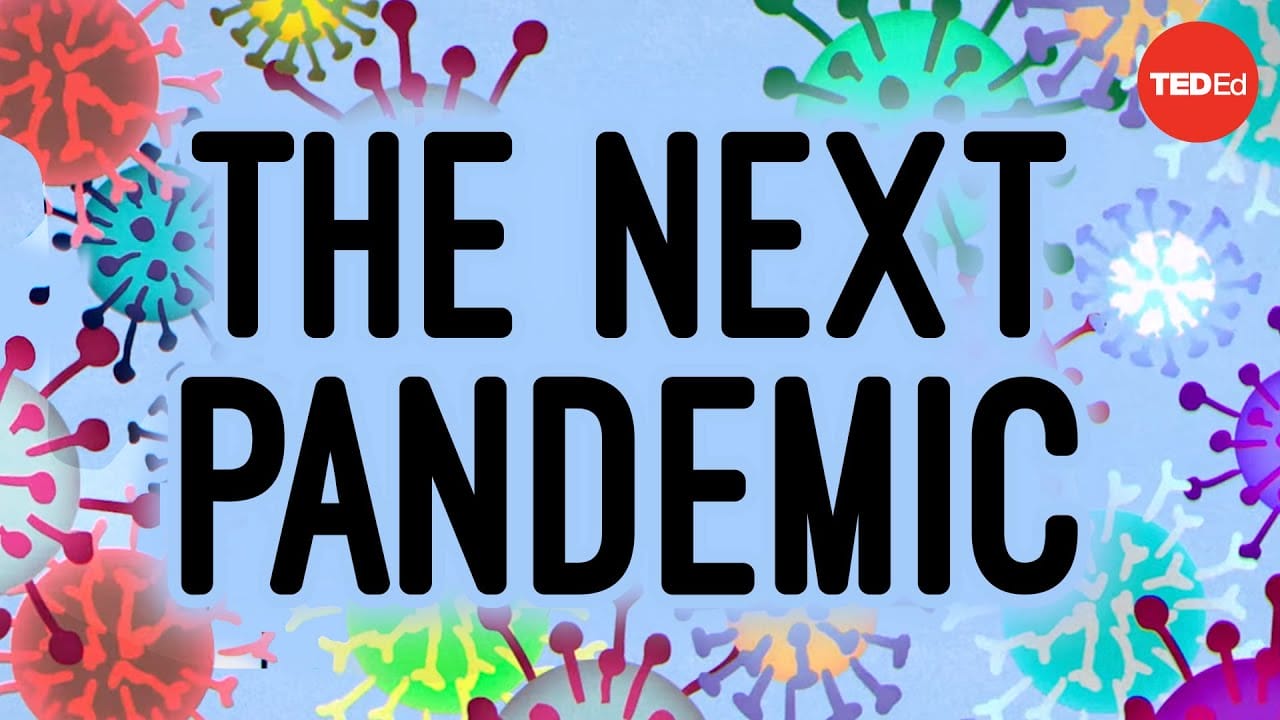Mao Zedong’s Infamous Mango Cult
Chat With Your XTutor About This Video Lesson
Lesson Article
The Mysterious Mango Gift
One morning in August 1968, a factory worker named Wang Xiaoping overheard news of a mysterious mandatory meeting. Rumors whispered through the cafeteria described shipments of a gift from the country’s communist leader, Chairman Mao Zedong. As it turned out, managers soon dispersed a gift to every factory worker—a glass box encasing a golden wax replica of a mango. Wang Xiaoping’s factory wasn’t the only facility to receive this unusual offering. The Chairman gifted fresh mangoes to factories across China, leading employees to stay up late, touching the fruits and contemplating the meaning behind Mao’s gesture.
Preserving and Consuming the Mangoes
Some workers tried to preserve the fresh mangoes in formaldehyde, while others ate the fruit and commissioned wax replicas of their prize. In one factory, workers initiated a strange ritual: peeling and boiling their mangoes to create a “holy” broth that was spooned into their mouths. Since traditional Chinese medicine often involves boiling ingredients, it’s possible this mango wine was concocted as a kind of healing tonic. Soon, fables formed that the fruit ensured a long life like the Peaches of Immortality from Chinese mythology. And by refusing to eat the mangoes himself, Mao had generously sacrificed his own longevity for the working class.
The Darker Truth Behind the Mango Mania
However, this mango mania wasn’t as frivolous as it might seem. Its harmless appearance hid a much darker truth. Two years earlier, Mao Zedong had launched the Cultural Revolution, a decade-long political and ideological movement intended to erase capitalist thought and cultural traditions from Chinese society. To enact this plan, Mao called on the Red Guards, a student-led paramilitary group. He enlisted them to help eradicate the “Four Olds”—a vaguely defined set of customs, habits, and ideas often associated with the elite upper class.
The Red Guard’s Rampage
Mao’s dogma was militant, and the Red Guard interpreted his vision as achievable only through violence. The Red Guard acted above law and order, ransacking temples and tombs, including those of dynastic royalty and Confucius. Homes were raided and piles of books burned in the streets. But the Red Guard’s rampage went far beyond property damage. They began holding “struggle sessions”—public spectacles designed to shame so-called class enemies. Victims were accused of holding elitist, capitalist values, and were often forced to wear heavy signs detailing their crimes.
Mao’s Mangoes as a Propaganda Tool
After two years of the Red Guards’ chaos, Mao recanted his support and sent 30,000 factory workers to fight the Red Guard at Qinghua University. With the help of the People’s Liberation Army, these factory workers succeeded, and Mao thanked them for their service with a crate of 40 mangoes. This gesture wasn’t quite as generous as it appeared since Mao was actually passing along a gift he received from Pakistan’s foreign minister. But much worse, this reward was quickly tainted by the ideology of the Cultural Revolution. As a propaganda tool, Mao’s mangoes demanded high levels of respect. Workers boarded unheated buses in sub-zero temperatures to visit mandatory mango exhibitions organized by the government.
The End of the Mango Fever
For reasons mostly unknown, the mango fever broke a year and a half later. After the Red Guard was dissolved and participants were sent to the countryside for re-education, the mystifying mango faded from official propaganda. The wax from the replicas was repurposed for candles during power outages. And today you’d be lucky to find an antique mango tray or medallion while perusing a Beijing flea market. But the tale of Mao’s mangoes is just a minor story amidst a decade of painful, buried history. Discussion of the Cultural Revolution is restricted across China. And though some former Red Guards have attempted to challenge this policy by publicly reflecting and apologizing for their actions, they still avoid maligning Mao Zedong. Given the current political landscape of China, only time will tell when this history will be discussed openly and freely.
Discussion Questions
- How do you think receiving a gift like a mango from a political leader can influence the perception and loyalty of the recipients?
- Why do you think the workers in the factories engaged in rituals and practices involving the mangoes, even going as far as creating a “holy” broth? What do you think this says about the power of symbolism and belief?
- What are some possible reasons why Mao Zedong decided to gift mangoes to the factory workers? How might this have served his political agenda during the Cultural Revolution?
- Discuss the role of propaganda in the Cultural Revolution, using Mao’s mangoes as an example. How can seemingly innocuous objects or gestures be used to manipulate public perception and control a narrative?
- Reflect on the impact of the Cultural Revolution on Chinese society and cultural traditions. How does this article change or enhance your understanding of this period in history?
- Why do you think discussion of the Cultural Revolution is restricted in China? What potential consequences might there be for individuals who openly discuss or criticize Mao Zedong?
- Consider the concept of collective memory and its role in shaping a nation’s identity. How does the suppression of certain historical events and the glorification of others contribute to the construction of a national narrative?
- Imagine you were living in China during the Cultural Revolution. How do you think you would have reacted to Mao’s gift of mangoes and the subsequent propaganda surrounding them? How might this have influenced your thoughts and actions at the time?
Lesson Vocabulary
Communist leader – An individual who holds a prominent position within a communist political party or movement – Lenin was one of the most influential communist leaders in history.
Chairman Mao Zedong – The founding father of the People’s Republic of China and the leader of the Chinese Communist Party from 1949 until his death in 1976 – Chairman Mao Zedong’s policies had a significant impact on China’s cultural and political landscape.
Preserve – To maintain or keep something in its original state or condition – The museum works hard to preserve its collection of ancient artifacts.
Formaldehyde – A colorless, strong-smelling gas used in the production of various chemicals and as a preservative – Formaldehyde is commonly used to preserve biological specimens.
Chinese medicine – A traditional system of medicine that originated in China, which includes various practices such as acupuncture and herbal remedies – Chinese medicine focuses on balancing the body’s energy for optimal health.
Frivolous – Lacking seriousness or importance; not worthy of serious attention – Spending the entire day playing video games is a frivolous use of time.
Cultural Revolution – A sociopolitical movement in China from 1966 to 1976, led by Mao Zedong, aimed at preserving communist ideology and eliminating traditional and capitalist elements – The Cultural Revolution had a profound impact on Chinese society.
Ideological movement – A collective effort to promote and implement a specific set of ideas or beliefs – The feminist movement is an example of an ideological movement.
Capitalist thought – The economic and social theories associated with capitalism, emphasizing private ownership and profit – Adam Smith is often considered the father of capitalist thought.
Dynastic royalty – The ruling family or families that hold power and authority over a kingdom or empire through hereditary succession – The dynastic royalty lived in opulent palaces.
Confucius – A Chinese philosopher and teacher, considered one of the most influential figures in Chinese history – Confucius’ teachings emphasized moral values and social harmony.
Propaganda tool – A means or method used to disseminate biased or misleading information to influence public opinion – The government used the media as a propaganda tool to shape public perception.
People’s Liberation Army – The armed forces of the People’s Republic of China, established and led by the Chinese Communist Party – The People’s Liberation Army plays a vital role in China’s defense and national security.
Share This Lesson:
- Categories: Government, Grade 10, Grade 11, Grade 9, History, Social Studies, TED Ed, Video Lessons
- Keywords: capitalist thought, Chairman Mao Zedong, Chinese medicine, communist leader, Confucius, Cultural Revolution, dynastic royalty, formaldehyde, frivolous, ideological movement, mango, preserve, propaganda tool








